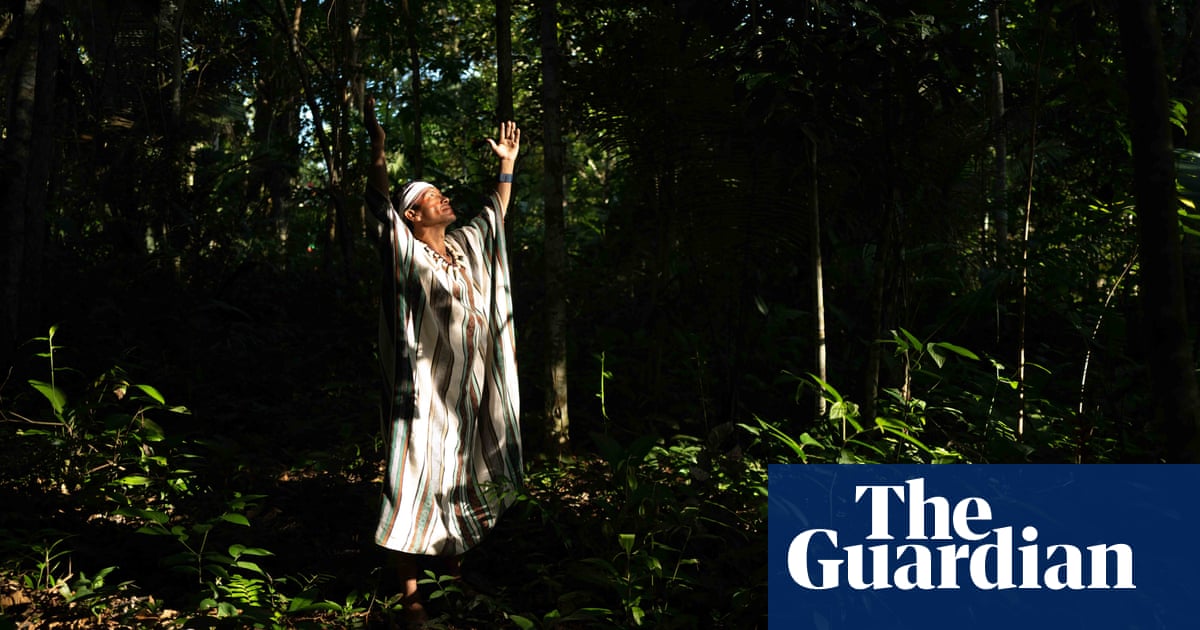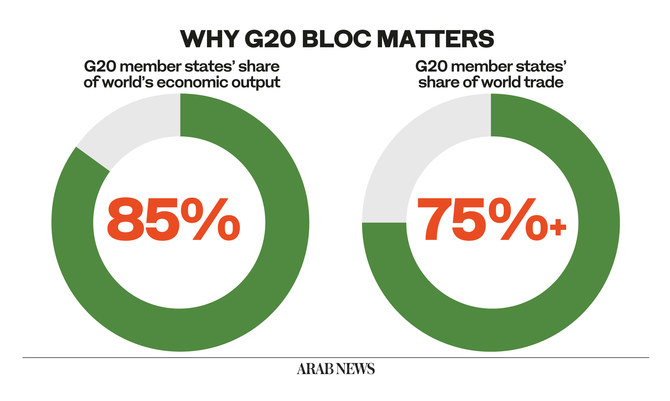
Dalio, an American investor and founder of Bridgewater Associates, translated his rich experience in finance into economic cycles, political systems, and the rise and fall of empires through history
Published in 2021, the book “Principles for Dealing With the Changing World Order: Why Nations Succeed and Fail” explores the dynamics that shape global structures in terms of power.
The author, Ray Dalio, highlights historical patterns, explaining in detail the reasons behind the rise of certain countries and the fall of other nations as well, while at the same time providing a system on how to understand the shifting geopolitical landscape.
Dalio, an American investor and founder of Bridgewater Associates, translated his rich experience in finance into economic cycles, political systems, and the rise and fall of empires through history.
Further, he outlines several principles through the chapters that control these transitions, focusing specifically on the connection between economic and cultural aspects.
One of the book’s strengths is the author’s simple structure. Dalio divides his thoughts into digestible sections for his readers, explaining complex terms as simple paragraphs and presenting major indicators of society such as wealth distribution and local conflicts.
His analytics add details of special events while also providing readers with the tools to anticipate future developments.
What is worth mentioning is that the author’s insights are somehow relevant to the present-day changing world, where globalization and technological advancements challenge traditional power dynamics.
He emphasizes the potential for a conflict between established powers and rising countries while stressing the importance of adaptability and resilience in an era marked by uncertainty.
However, some readers argue that the author’s view may be overly simplifying complex geopolitical realities. While his foundations are based on historical patterns, the challenges of this time, such as climate change and artificial intelligence, require adequate solutions beyond historical analogies.
Overall, the book was rated 4.7 out of 5 by over 7,000 readers. It stimulates critical thinking and analysis of the political relations of the world we live in.
The author’s mixing of historical analysis of events and personal insights as well makes the book a must for readers such as policymakers, business leaders, and others who might be interested in understanding the global powers that are shaping the world.












